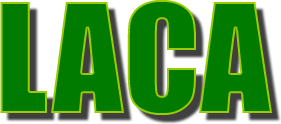David Suzuki Foundation - Science Matters 
It's time for a new economic paradigm - By David Suzuki with Faisal Moola
I've heard economists boast that their discipline is based on a fundamental human impulse: selfishness. They claim that we act first out of self-interest. I can agree, depending on how we define self. To some, 'self' extends beyond the individual person to include immediate family. Others might include community, an ecosystem, or all other species.
I list ecosystem and other species deliberately because we have become a narcissistic, self-indulgent species. We believe we are at the centre of the world, and everything around us is an 'opportunity' or 'resource' exploit. Our needs or demands trump all other possibilities. This is an anthropocentric view of life.
Thus, when faced with a choice of logging or conserving a forest, we focus on the potential economic benefits of logging or not logging. When the economy experiences a downturn, we demand that nature pay for it. We relax pollution standards, increase logging or fishing above sustainable levels, or (as the federal Canadian government has decreed) lift the requirement of environmental assessments for new projects.
A fundamentally different perspective on our place in the world is called 'biocentrism'. In this view, life's diversity encompasses all and we humans are a part of it, ultimately deriving everything we need from it. Viewed this way, our well-being, indeed our survival, depends on the health and well-being of the natural world. I believe this view better reflects reality.
The most pernicious aspect of our anthropocentrism has been to elevate economics to the highest priority. We act as if the economy is some kind of natural force that we must all placate or serve in every way possible. But wait! Some things, like gravity, the speed of light, entropy, and the first and second laws of thermodynamics, are forces of nature. There's nothing we can do about them except live within the boundaries they delimit.
But the economy, the market, currency - we created these entities, and if they don't work, we should look beyond trying to get them back up and running the way they were. We should fix them or toss them out and replace them.

